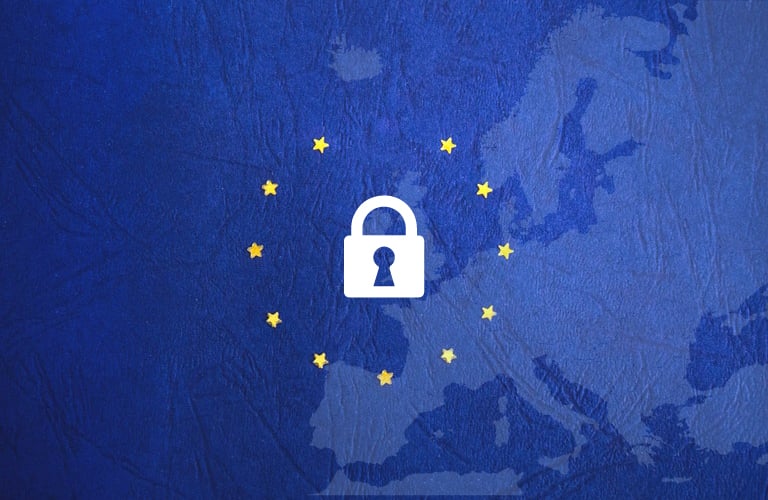In the realm of digital finance, two distinct forms of currency have emerged: the Digital Euro and cryptocurrencies. While both operate in the digital domain, they diverge significantly in their structure, regulation, and intended use. The Digital Euro, backed by the European Central Bank, is a centralized digital currency designed for stability and legal recognition within the Eurozone. In contrast, cryptocurrencies like Bitcoin and Ethereum are decentralized digital assets, independent of any central authority, known for their volatility and diverse applications. Understanding the disparities between these two forms of digital currency is essential for navigating the evolving landscape of modern finance.
IS THE DIGITAL EURO A CRYPTO CURRENCY?




Cryptocurrency and the Digital Euro are both digital forms of currency, but they have some fundamental differences:
CENTRALIZATION
Cryptocurrencies like Bitcoin and Ethereum are decentralized, meaning they operate on a distributed ledger technology (blockchain) without a central authority overseeing transactions. The Digital Euro, on the other hand, would be centralized and issued by the European Central Bank (ECB). It would be under the control and regulation of the ECB and the Eurosystem.
REGULATION
Cryptocurrencies are not typically recognized as legal tender by governments. Their regulation varies widely across different jurisdictions. The Digital Euro would be recognized as legal tender within the Eurozone and would be subject to the regulatory framework established by the ECB and relevant EU authorities.
VALUE STABILITY
Cryptocurrencies are known for their volatility, with prices fluctuating significantly over short periods. The Digital Euro would be designed to maintain a stable value relative to the Euro, providing a more predictable medium of exchange and store of value.
PURPOSE
Cryptocurrencies are often used for speculative investment, peer-to-peer transactions, and as a means of transferring value across borders with relatively low fees. The Digital Euro would likely be used primarily for digital payments within the Eurozone, including retail transactions, online purchases, and potentially cross-border payments within the EU.
PRIVACY
Depending on the cryptocurrency, transactions can offer varying degrees of privacy and anonymity. The level of privacy and anonymity with a Digital Euro would likely be determined by the regulatory framework established by the ECB and EU authorities, potentially involving Know Your Customer (KYC) and Anti-Money Laundering (AML) requirements.
IS THE DIGITAL EURO A CRYPTOCURRENCY?
Knowing the advantages and disadvantages of a cryptocurrency is fundamental to be able to correctly evaluate what the Digital Euro is.
